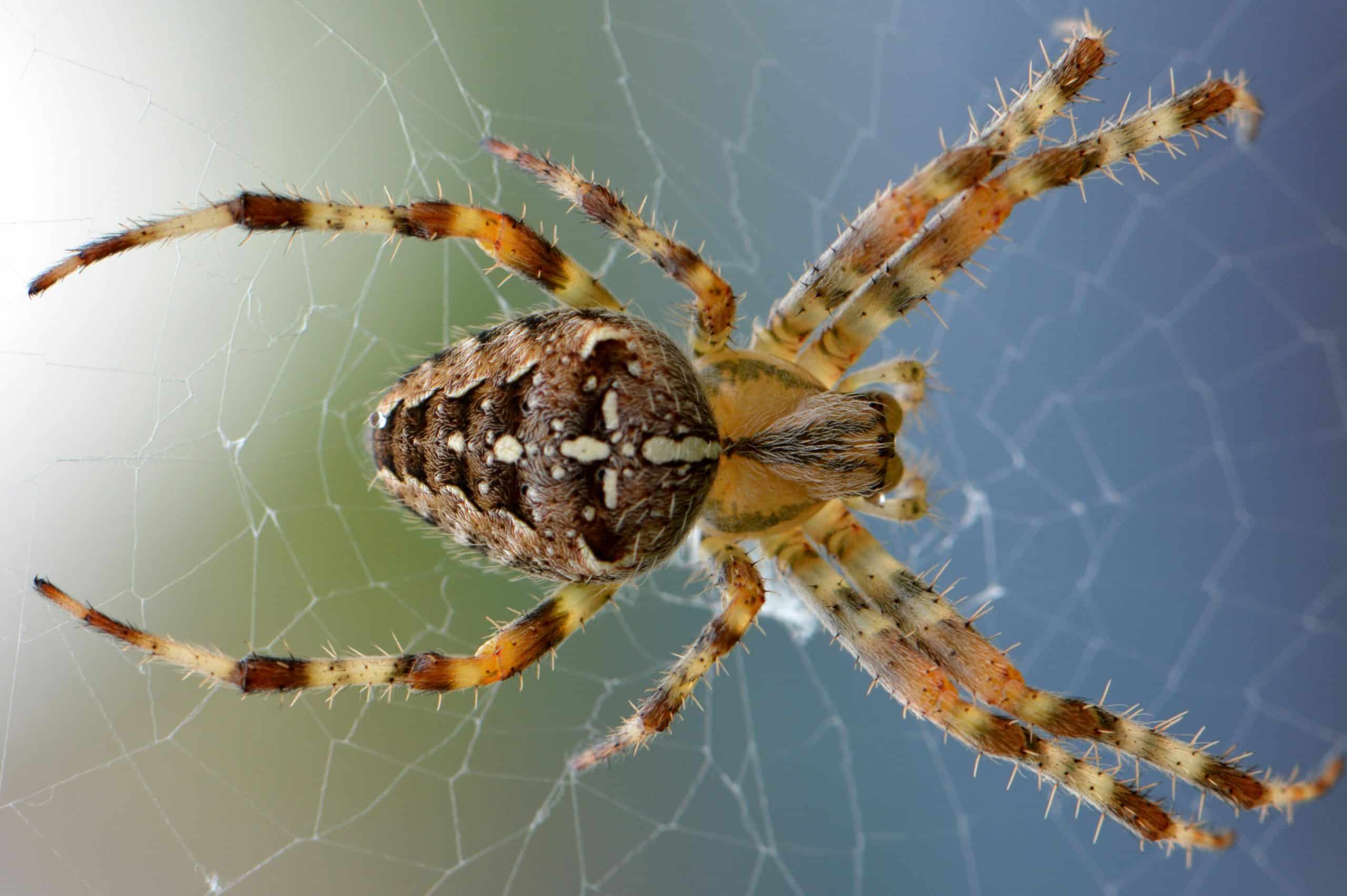What effective natural remedies can be used for insect bites while camping in Wales?

When you are planning a camping trip to the awe-inspiring landscapes of Wales, one small but significant aspect that you should consider is the possibility of insect bites. The lush greenery and abundant water sources in the area can attract a swarm of insects such as mosquitoes and midges, which can often result in annoying bites and stings. While repellents help, there are also effective natural remedies that you can use to soothe the skin and reduce the symptoms of these bites.
Understanding Insect Bites and Stings
Before we delve into remedies, it's useful to understand what happens when an insect bites or stings you. Insects such as mosquitoes, midges, and others inject their saliva or venom into your skin. Your body's immune system reacts to these substances, causing symptoms such as redness, swelling, itching, and discomfort.
A lire en complément : How to create a family-friendly itinerary for camping near Hadrian's Wall?
Mosquitoes are especially notorious. They are attracted to water and proliferate in damp environments. Their bites cause small, red, itchy bumps on the skin. On the other hand, midges are tiny insects that are prevalent in marshy areas. Their bites can cause blisters and red welts that can itch for several days.
To avoid these pesky insect interactions, planning and preparation can make a significant difference. Knowledge of the insects common in the camping area and having essential items like insect repellents at hand will help to ensure your camping experience is not marred by these minor but irritating nuisances.
Dans le meme genre : What are the best reusable water bottles for reducing plastic waste while camping?
Effective Natural Remedies for Insect Bites
Now that we have a basic understanding of insect bites, let's explore some effective natural remedies for dealing with them. These remedies use ingredients that are easily found in nature or your kitchen, and they can provide relief from itchiness, reduce swelling and help the skin heal faster.
Aloe Vera
Aloe Vera is well-known for its soothing and healing properties. If you have an aloe plant at home, you can simply cut off a small section, slice it open and apply the gel directly to the bite area. The coolness of the gel helps to reduce inflammation and itching. If you don't have access to an aloe plant, bottled aloe vera gel works just as well.
Tea Tree Oil
This essential oil is recognized for its antiseptic and anti-inflammatory properties. A few drops applied to the bite will help to reduce swelling and prevent infection. Be sure to dilute the oil with a carrier oil like coconut or olive oil to avoid skin irritation.
Apple Cider Vinegar
Apple cider vinegar is another common kitchen item that can provide relief from insect bites. Its acidity helps to neutralize the itchiness. A few drops applied directly to the bite can help, or for multiple bites, you can add a cupful to a warm bath and soak the affected areas.
Using Repellents to Avoid Bites and Stings
While natural remedies can help to alleviate the symptoms of insect bites, using repellents is an effective strategy to prevent bites and stings. Applying insect repellents before heading out can discourage insects from landing on your skin. Here are some natural repellents that you can make at home:
Citronella Oil
Citronella oil is one of the most effective natural mosquito repellents. You can either apply it directly to your skin or add it to a diffuser or lantern to keep mosquitoes at bay in your campsite.
Eucalyptus and Lemon Oil
A mixture of eucalyptus and lemon oil is another excellent insect repellent. Not only does it keep mosquitoes away, but it also wards off ticks and other biting insects. Apply it directly to your skin, or add it to a spray bottle with water and spray around your campsite.
Garlic
While not your conventional insect repellent, eating garlic has been found to repel mosquitoes. The strong smell of garlic in your sweat can keep mosquitoes away. So, before your camping trip, start including more garlic in your meals.
General Tips to Avoid Bites and Stings
Finally, here are some general tips to avoid bites and stings while camping in Wales. Firstly, try to set up your campsite away from still water sources, which are breeding grounds for mosquitoes. Secondly, wear long sleeves and trousers, especially in the evening when mosquitoes are most active. Lastly, keep your food and drinks covered to avoid attracting insects.
As we've seen, insect bites and stings can be a minor annoyance during your camping trip. However, with a little preparation and knowledge of natural remedies, you can handle these nuisances effectively. Enjoy your camping experience in the magnificent Welsh outdoors, armed with your repellents and remedies. Happy camping!
Recognizing Allergic Reactions to Insect Bites
Recognizing an allergic reaction to an insect bite is crucial. Sometimes, individuals may have more severe reactions to insect bites or stings. This reaction can cause symptoms such as significant swelling that expands beyond the bite site, rapid heartbeat, difficulty breathing, dizziness, or even anaphylaxis, which is a life-threatening allergic reaction.
One common and serious condition that can result from a tick bite is Lyme disease. Symptoms of Lyme disease include a circular rash around the bite, fever, headaches, and fatigue. If you suspect you may have Lyme disease, it's important to seek medical help immediately.
Midge bites, on the other hand, can cause a severe allergic response in some people. An allergic reaction to a midge bite can lead to severe redness, swelling, and hives. It's crucial to monitor the bite and seek medical attention if the symptoms worsen.
If you are aware of any allergies to insect bites, it's advisable to inform your companions before the trip and carry an EpiPen or other prescribed medication to counter any severe allergic reactions.
The Role of Cold Compresses and Essential Oils
A cold compress is another simple but effective remedy for insect bites. Applying a cold pack or a cloth dipped in cold water to the bite site can help reduce swelling and alleviate pain. It's recommended to use the cold compress for 15-minute intervals.
In addition to tea tree oil, there are other essential oils that can be helpful in dealing with insect bites. For instance, lavender oil is known for its calming effect and it also helps reduce itching and inflammation. Peppermint oil provides a cooling sensation that can ease pain and itching. However, just like tea tree oil, these should be diluted with a carrier oil before applying to the skin.
If you have been bitten or stung by an insect and the symptoms persist for more than a few days, you develop a fever, or the bite site becomes infected, it is crucial to seek medical attention. While natural remedies can provide relief, they cannot replace professional medical treatment, especially in severe cases.
Conclusion
Insects are an inevitable part of the outdoor camping experience, especially in areas rich in nature like Wales. While these creatures can cause minor disruptions, the joy of camping should not be overshadowed by the fear of insect bites and stings.
Understanding the nature of these bites and stings, knowing how to use natural remedies and insect repellents, and being able to recognize symptoms of an allergic reaction can make your camping trip safe and enjoyable. Do not forget to pack essential items like an ice pack for a cold compress, aloe vera gel, apple cider vinegar, tea tree oil, and mosquito repellent. These items can help you manage any unexpected bites or stings.
Being prepared allows you to enjoy your camping trip without the constant worry of insect bites. So, pack your bags, gather your remedies, and get ready to explore the beautiful landscapes of Wales. Remember, the aim is to leave with nothing but wonderful memories and photographs, not insect bites! Happy and safe camping to all!
